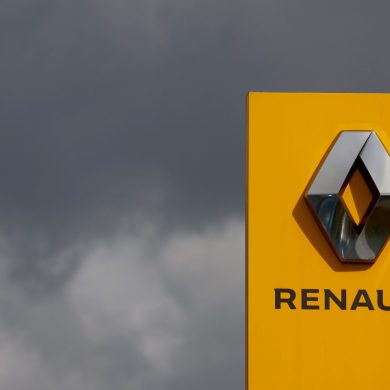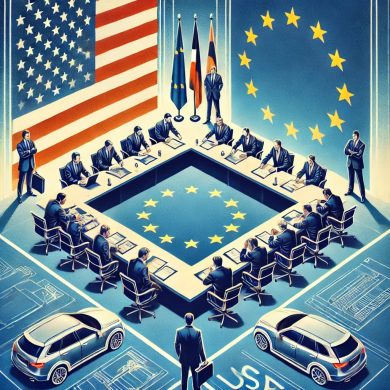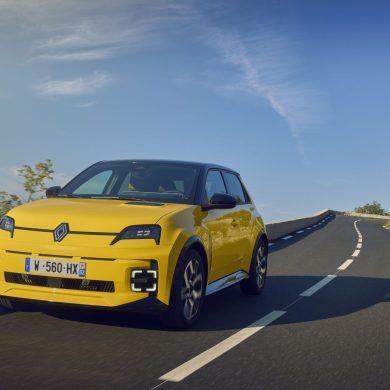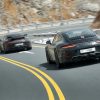With European carmakers expressing widespread reaction to the slowdown in sales of pure electric cars, it is confirmed that the market, not politics, determines the transition, with the result that the European automotive industry turns its back on electrification.
The latest manufacturer to be concerned is VW, which has made electrification its flagship with the Volkswagen group's ambitious strategy to switch to fully electric vehicles. Now this no longer has a deadline.
The core VW brand, which unveiled its family of battery-electric ID cars as a central element of its future, admitted it will need more plug-in hybrids as BEV sales slow.
This marks just the latest adjustment VW has made to its electrification strategy, after the company ran into problems with several model launches and fell behind in China, where local brands now dominate.
The carmaker has also postponed efforts to seek outside investors for its battery unit and has scrapped plans for a 2 billion euro ($2.2 billion) EV plant in Germany.
In fact, the car industry is selling so many cars still running on internal combustion engines that it is on track to exceed its emissions limit next year. VW Group CEO Oliver Blume has called on European regulators for leniency.
It's a sharp turnaround from just three years ago, when VW's aggressive push for BEVs in the European Union opened rifts between the company and some of its peers in the region.
VW had no choice but to back its electrification, having bet heavily on "clean" diesel engines. That gamble went awry when the company was caught cheating on emissions tests, which forced a hard shift to battery-powered vehicles.
The EV Pressure
By 2019, then-CEO Herbert Diess announced that he would launch up to 75 all-electric models over the next decade.
The BEV-or-bust strategy - which Diess argued the automakers needed to change quickly if they wanted to survive - angered executives from Turin to Tokyo who wanted more time and flexibility to make the transition from internal combustion cars. The CEO even praised what he saw as an advantage of the early-mover.
Electric mobility "has won the race", Diess said at the presentation of VW's 2021 battery strategy. "Many in the industry have questioned our approach. Today, they are following our lead, while we are reaping the rewards."
While these fruits have not been as plentiful as VW had hoped, the company is not making a complete turnaround from electric cars.
Blume is forging partnerships with companies like Xpeng and preparing a new EV brand in China, offering models equipped with gadgets like an in-car avatar to win back new consumers lost to BYD and Tesla.
Generalised retreat to electromobility
VW has also discussed with its European counterparts, including Renault, about developing cheaper electric vehicles to win over mass-market car buyers.
VW isn't the only one that has to readjust as a result of the EV slowdown. Countries like Germany and Sweden have stopped or reduced subsidies for electric cars that tend to be more expensive than their internal combustion counterparts, which has hurt the broader sector. Gaps in public charging networks also continue to put off potential buyers.
Stellantis said on Tuesday it will sell cars it has jointly developed with China's Leapmotor in Europe from September as it tries to cut the cost of its electric offerings.
Mercedes-Benz has halted development of the platform for its new electric luxury sedans to save money and plans to sell cars that run on gasoline longer than expected.
BMW, which has had more success in selling electric vehicles than its German rivals, even warned this week that the EU's plan to effectively ban sales of new internal combustion engine vehicles by 2035 will hurt the industry. European regulators are due to review the policy in 2026.
The slowdown has even dealt a serious blow to Tesla, which has lost $235 billion in market capitalization this year, more than triple VW's current valuation. Chief Executive Elon Musk has nevertheless criticized automakers for the pullback.
Musk insists
"The global EV adoption rate is under pressure and many other automakers are pulling back from EVs and plug-in hybrids are following instead," Musk said last month when discussing Tesla's first-quarter earnings.
"We believe that this is not the right strategy and that electric vehicles will eventually dominate the market."







